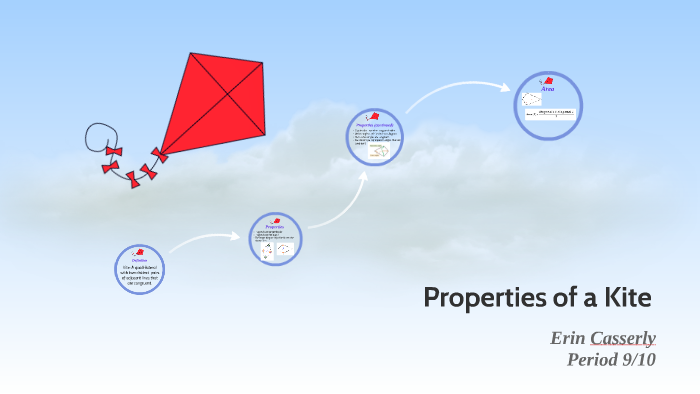

Vasanta Panchami, which marks the end of the winter and heralds in spring, is dedicated to goddess Saraswati. Panchami is the fifth day of Shukla Paksha, the fortnight of the waxing moon in the Hindu month of Magha, (January – February). One of the main festivals of the Vasanta season is celebrated on Vasanta Panchami ( Sanskrit: वसन्त पञ्चमी), which in Indian society is a cultural and religious festival, celebrated annually on the first day of spring, the fifth day (Panchami) of the Hindu month Magha (January–February). Vasanta ( Sanskrit: वसन्त, romanized: Vasanta, lit.'Spring'), also referred to as Basant, refers to the Indian spring.

He has a name and it's Sohrab." (25.For other uses, see Basant (disambiguation).Īn idol of Goddess Saraswati prepared for Vasanta Panchami in the streets of Kolkata. "You will never again refer to him as 'Hazara boy' in my presence. "And one more thing, General Sahib," I said. That's what you tell people when they ask." They were all staring at me. That boy sleeping on the couch is Hassan's son. "You see, General Sahib, my father slept with his servant's wife. "You can tell them – " "It's all right." I turned to the general. What do I tell them?" Soraya dropped her spoon. They will want to know why there is a Hazara boy living with our daughter. "While you're busy knitting sweaters, my dear, I have to deal with the community's perception of our family. The skirting finally came to an end over dinner when the general put down his fork and said, "So, Amir jan, you're going to tell us why you have brought back this boy with you?" "Iqbal jan! What sort of question is that?" Khala Jamila said. As if we were skirting around the edge of what he really wanted to know. (2.23)īut as we spoke, I caught his eyes drifting again and again to Sohrab sleeping on the couch. I had heard some of the kids in the neighborhood yell those names to Hassan. It also said some things I did know, like that people called Hazaras mice-eating, flat-nosed, load-carrying donkeys.

The book said a lot of things I didn't know, things my teachers hadn't mentioned. The book said part of the reason Pashtuns had oppressed the Hazaras was that Pashtuns were Sunni Muslims, while Hazaras were Shi'a. It said the Hazaras had tried to rise against the Pashtuns in the nineteenth century, but the Pashtuns had "quelled them with unspeakable violence." The book said that my people had killed the Hazaras, driven them from their lands, burned their homes, and sold their women. An entire chapter dedicated to Hassan's people! In it, I read that my people, the Pashtuns, had persecuted and oppressed the Hazaras. I blew the dust off it, sneaked it into bed with me that night, and was stunned to find an entire chapter on Hazara history. It was written by an Iranian named Khorami. Then one day, I was in Baba's study, looking through his stuff, when I found one of my mother's old history books. School text books barely mentioned them and referred to their ancestry only in passing. For years, that was all I knew about the Hazaras, that they were Mogul descendants, and that they looked a little like Chinese people. They called him "flat-nosed" because of Ali and Hassan's characteristic Hazara Mongoloid features.


 0 kommentar(er)
0 kommentar(er)
